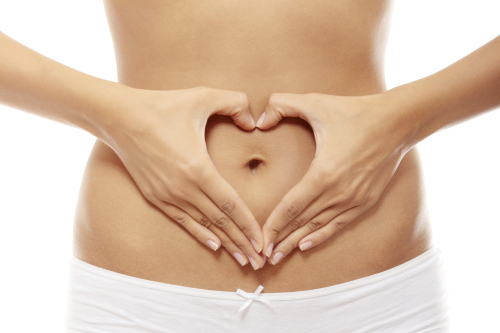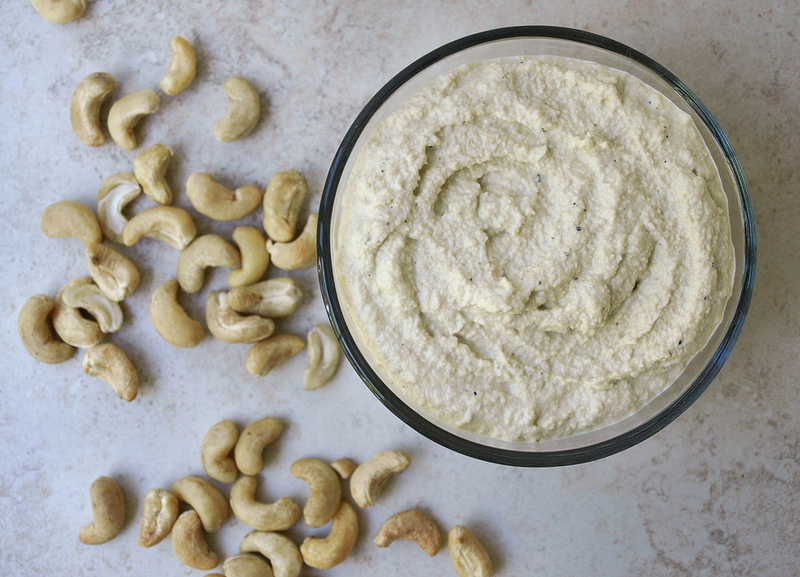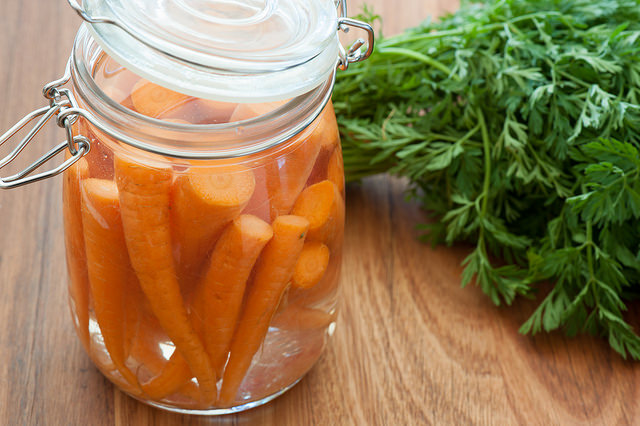By Megan Crockart | Nutritionist
As a natural therapist, gut health is paramount, therefore in my own personal regime, I focus quite strongly on foods and supplements to support good gut health. Plus as a nutritionist gut health and digestive issues is one of my key areas of interest. In this article I have expanded on my daily regime and why, plus added some other important factors for gut health.
Multi strain probiotic
Every single morning when I first get up I take a good quality multi strain probiotic with a large glass of water. I try to have this at least 15 minutes before I have my breakfast for it to be more effective.
There is more and more research being done on the gut microbiome and the importance of probiotics to help keep good balance on the bacteria in the gut. As we have thousands of different beneficial bacteria in the gut, it is worth taking a multi-strain version rather than a product that just has one or two strains (unless you are trying to address a specific condition). Also rotating around different probiotics is important to get exposure to a variety of strains. Taking a probiotic supplement is not a necessity for everyone all the time. Managing good gut flora can also be achieved by eating/drinking fermented foods and drinks (see below.)
Glutamine and various amino acids powder
Glutamine is a fantastic amino acid for healing the gut mucosa. I take this a few times a week now instead of daily.
If there is any inflammation in the gut lining from any cause, various amino acids can be helpful in reducing this inflammation and doing some healing. Certain amino acids are very important in healing Leaky Gut. If there is any food intolerance/allergies then the gut is the first line of defense. A supplement for gut healing and reducing inflammation should be taken if you have recently recognized food intolerances/allergies to help get the lining back in order, whilst also removing those foods.
A few examples of amino acids that are good to help with gut healing is glutamine, glycine, serine, proline and threonine. Also a nutrient that most people associate with joint health, glucosamine is very helpful in healing the gut.
Digestive Enzymes
Every morning and some nights I take a digestive enzyme just before I eat to help aid digestion.
When our bodies are stressed, older or we are not eating the right foods for our body, it can be harder to produce the digestive enzymes needed to help breakdown food. It can be beneficial taking digestive enzymes to help in this process.
Some great foods that have enzymes in them, which can be beneficial to have first thing in the morning, are fresh pineapple and paw paw or papaya.
Cultured cashew cheese
I am quite a fan of cultured cashew cheeses as I am dairy free. I would have cashew cheese in my salad and on crackers just about every day. A tasty way to get some extra probiotics.
Bone broth
I always have a stash of either beef bone broth or chicken bone broth in my freezer. I make up batches as I am just about to run out and use in place of stock in cooking. I also drink a cup a couple of times a week.
Bone broth is full of nutrients and cooking for long periods of time releases many fantastic nutrients. Glycine is an amino acid that gets released from the longer cooking times. It is also easy to digest to get a quick dose of nutrients. Drinking regular bone broth can really help get an inflamed, unhappy digestive system back on track.
I cook my beef broth for around 36 hours in the slow cooker and chicken for around 12 hours. I also add some garlic, leek, apple cider vinegar and some other vegies. Leek is a fantastic prebiotic. Prebiotics help feed the probiotics, so are also important.
Kombucha
A fermented tea drink, this contains quite a good amount of good bacteria so can replace a probiotic supplement. I drink this as my treat drink for the week, having a couple of glasses once a week.
I have to admit I don’t make my own and I should. There are quite a number of yeasts that develop in the fermentation process, so for those trying to get yeast overgrowth under control, probably best to avoid kombucha for a while. There always seems to be questions about the sugar added. The sugar is there solely for the bugs to eat and thus cause fermentation. There is next to no sugar in the actual product and the longer the kombucha is fermented, the less sugar it contains.
Another question I often get with kombucha and pregnancy safety. Store bought ones are more controlled and tested for the bacteria/yeasts so should be ok during pregnancy (just don’t have every single day). During pregnancy I would avoid home-made kombucha just to be on the safe side.
Gelatin/Jellies
I have started making my own jellies and snacks using gelatin. I don’t use sugar in what I make, so I eat a few a day. Not what most people would think of when they hear jelly!
Good quality gelatin is great for healing the gut and taking out inflammation.
This is a great way to achieve gut support without realising it. There are so many flavours/ingredients you can play around with and adding coconut milk can make more of a “panna cotta” type dessert.
One of my favourite flavours is ginger jelly which also has the soothing effects of the ginger through it. Yum.
Fermented vegetables eg sauerkraut/kimchi
This is something I have a few times a week. Great added as a condiment to breakfast when having something like bacon and eggs or mushrooms and tomatoes etc. I also like to have a tablespoon or so with my salad for lunch.
Kefir
A fermented (cultured) drink either made using dairy products, coconut water or plain water. This is usually a lot stronger than regular yoghurts for its probiotic content. The dairy versions are runnier than yoghurt and have been around for many many years. More recently coconut and plain water varieties have come onto the market due to the increase in lactose/dairy intolerances. I don’t have this as often as I should, but it can be a great addition to the diet. You don’t need to drink a whole bottle in one sitting. Usually a couple of tablespoons a day is ample.
Not everyone can tolerate fermented foods and introducing them slowly is recommend. Have a further read of my article on fermented foods.
Megan is a nutritionist with a keen interest in everything digestive related and does different testing to rule out specific things such as food intolerances/allergies, stool analysis and SIBO testing. Any gut or digestive issues, please contact Megan – megan@balancingnutrition.com.au




